BMW confirms that it’s preparing to enter the hydrogen fuel cell wars with a fuel-cell entry of its own. The new model would benefit from the company’s existing partnership with Toyota and potentially enter the market in 2028.
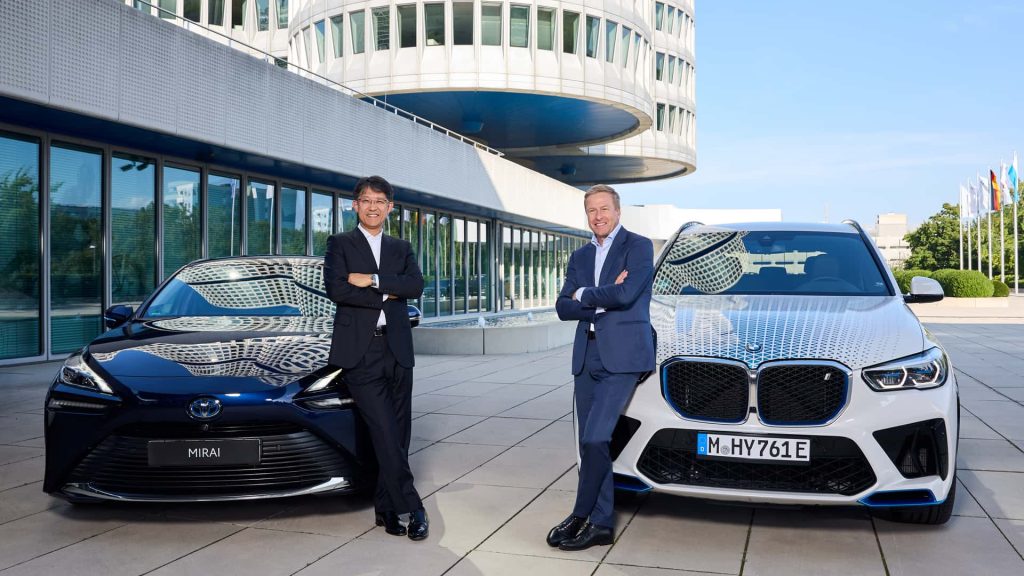
BMW confirmed that it’s expanding its current collaboration with Toyota to include a production hydrogen-powered vehicle.
The hydrogen fuel-cell vehicle market is still in its infancy but these vehicles have recently received renewed interest as automakers attempt to expand their reach into electrified vehicles. Toyota and Hyundai have long been the two dominant players when it comes to these types of vehicles with Honda also maintaining a presence with the 2025 Honda CR-V: e-FCEV as well as the axed Clarity.
BMW has never offered a mass-market-ready hydrogen-powered vehicle for buyers to purchase. But the company confirmed that it will be entering the market with a new fuel-cell vehicle which is slated to enter production in 2028 and will be the latest example of the company’s enduring partnership with Toyota.
BMW’s hydrogen entry is still shrouded in mystery
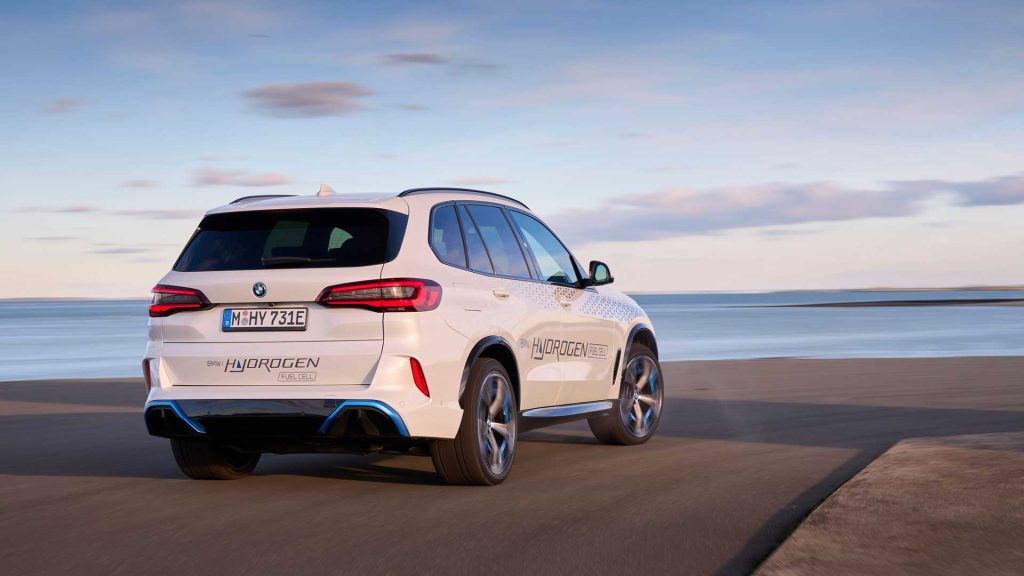
BMW is keeping its cards close to the hand but the company has been working on hydrogen-powered vehicles in one shape or form since 1979.
The appearance of this hydrogen model would be an interesting change in direction for the company’s existing collaboration with Toyota. The partnership is currently known for the Toyota Supra which is based off of the BMW Z8 and uses much of that model’s components to help give Toyota a sports car entry. The Supra has proven to be a slow seller during its time in production, but it’s still a potent example of what can be achieved when BMW and Toyota put their resources together.
This time around, BMW would be the one to receive the benefits of the collaboration with the German car giant getting valuable information and experience from Toyota when it comes to producing hydrogen-powered cars. The company chose to not get into too much detail about the model due to it not coming out for four more years but revealed that it would be based on an existing BMW model. Prior to this announcement, the extent of BMW’s hydrogen-related activities have been limited to experimental engineering exercises with its latest project being based on the BMW X5. Dubbed the iX5, it uses fuel cells that are supplied by Toyota but is not going into production anytime soon.
More BMW Stories
- BMW and Mattel Partner up to Bring UNO Card Game To BMW and MINI Vehicles
- BMW Unveils 2025 M5 Pebble Beach Concours d’Elegance #1/1
- First Drive: 2024 BMW X2 – Redesigned and More Affordable Than You Think
New model will not be a reskinned Toyota
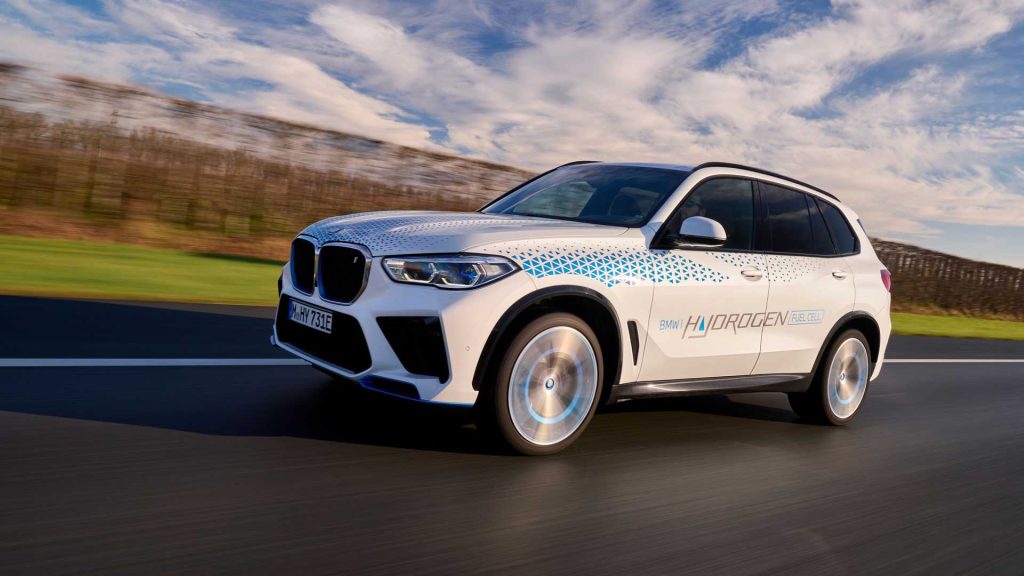
The FCEV will follow the brand’s core values which seemingly indicates it will not be a rebadged Toyota offering.
One other detail that BMW let out of the bag is the model will be a product which will be original and stay true to the brand’s core values. This statement seemingly indicates that the German car giant will not take the shortcut of making it a mere badge-engineered Toyota. This would also eliminate the possibility of it being based on the Mirai which has been on sale for over 10 years.
Instead, look for BMW to analyze multiple vehicle segments very carefully to try and find one that’s the optimum fit for hydrogen power. In that regard, we suspect that BMW will base the FCEV on an SUV since the dimensions of such a platform would allow BMW to have room for the hydrogen-related components and eliminate the cramped confines that would exist with a sedan or a smaller vehicle.
The iX5 is an example of this thinking in action with the platform having enough space to support the entire fuel cell setup. In addition, BMW will also be able to appeal to a wider range of customers with an SUV versus a more niche model like a sedan. Look for more information to potentially emerge over the next few years with BMW revealing the model when it’s ready to do so.

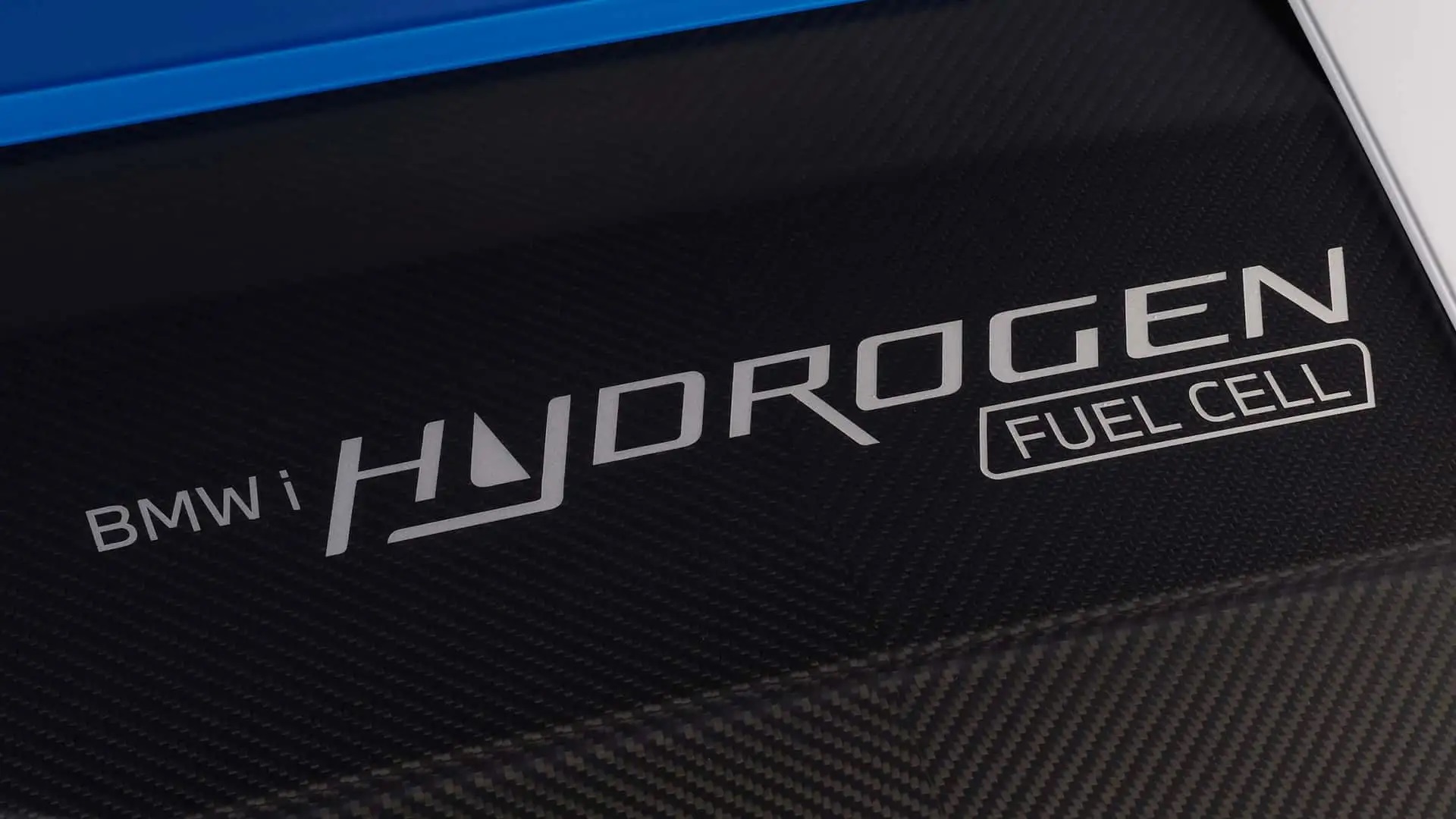
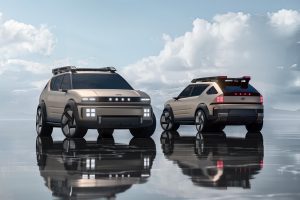
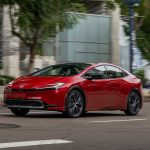
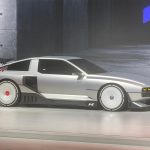
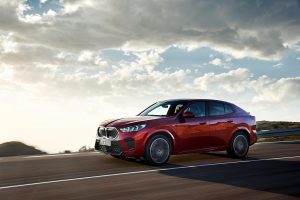
It doesn’t matter what BMW does since they are not mainstream